
Pyromorphite Gem: Properties, Meanings & Mineral Information
 Pyromorphite is a translucent mineral in the apatite family. It has variable colors, many bright, but is known for its bright green or orange hues. These bright mineral specimens are beloved by collectors, especially apple-green crystals and rough that shows both orange and green.
Pyromorphite is a translucent mineral in the apatite family. It has variable colors, many bright, but is known for its bright green or orange hues. These bright mineral specimens are beloved by collectors, especially apple-green crystals and rough that shows both orange and green.
Is pyromorphite a gemstone? Yep! It’s not faceted often, but it’s still prevalent in the gemstone and mineral community. Though, collectors or enthusiasts are more likely to know about it.
Ready to get in on this underrated, uplifting gem? This guide will give you all the particulars on pyromorphite mineral info, healing properties, prices, and more!
About Pyromorphite Stone
Pyromorphite is a semi-precious gemstone that can be green, yellow, orange, brown, or even white to colorless. Called the “green lead ore,” the only pyromorphite uses outside the gem and crystal worlds are for sourcing lead.
This mineral has had a plethora of names, which we’ll cover in-depth in the History section. For now, here’s a few of its many monikers:
Muscoïde
Polychrome
Bryoîde
Traubenblei
Sexangulite
Speaking of names, you may know pyr is Greek for “fire.” So it comes as no surprise that pyromorphite is a zodiac stone for all fire signs: Aries, Leo, and Sagittarius. It’s also a planetary star stone for the fiery Mars. However, the crystal is interestingly associated with both fire and earth qualities!
Mineral-wise, what is pyromorphite made up of?
Pyromorphite Specifications & Characteristics
Pyromorphite is composed of lead, chloride, and phosphate with the formula Pb5(PO4)3Cl. It’s in the larger apatite group of hexagonal phosphates.
The pyromorphite mineral also forms a series with vanadinite and mimetite. Mimetite is incredibly similar and often indistinguishable from pyromorphite.
Forming crystals is common for pyromorphite, though it can also form kidney-shaped (reniform) or spherical (globular) masses, along with moss-like druzy. One early name mentioned above traubenblei is German for “grape-shaped” after the botryoidal habit.
The most famous pyromorphite habit is when it forms a branching group of prismatic, barrel-shaped crystals stacked on top of each other.
However, pyromorphite crystals can take on multiple unique shapes — e.g. radiating needles, pyramids, bipyramids, sprays, hoppers. The terminations on either end of the crystals can be hollow, pitted like a honeycomb, or pointed, to name a few.
Here’s the remaining pyromorphite mineral data:
Mohs hardness: 3.5-4
Color: Light green to dark green, grass green, yellow, orange, brown, brownish-green, gray, white, colorless; Can be multi-colored green and orange
Crystal structure: Hexagonal
Luster: Resinous, sub-adamantine, greasy, or vitreous (glassy)
Transparency: Transparent to translucent
Refractive index: 2.042-2.059
Density: 6.5-7.1
Cleavage: Imperfect/Poor, 1-direction on [1011] in part (interrupted)
Fracture: Uneven/irregular or subconchoidal
Streak: White
Luminescence: Sometimes fluorescence - Yellow to orange in SW-UV & LW-UV
Pleochroism: Weak or unobservable
Are there different pyromorphite varieties? You bet!
Types of Pyromorphite
Pyromorphite has a few varieties, which we’ll break down below:
Collieite: Black variety containing calcium and around 4.1 percent vanadium oxide, discovered in Scotland by John Norman Collie in 1889
Nussièrite: Brown, yellow-gray, or whitish variety containing small amount of arsenate, named after 1836 discovery in the Nuissière Mine in France
Polysphaerite (Calcium-Bearing Pyromorphite): Rare, colorless, very calcium-rich variety with the formula Ca2Pb3(PO4)3Cl, named for the globular shape (poly for “many” and sphaira for “sphere”)
Arsenate-Bearing Pyromorphite: Lustrous yellow to burnt-orange type famously from Bunker Hill mine in Idaho, USA
We should note that some don’t consider polysphaerite a pyromorphite variety, but rather a type of phosphohedyphane.
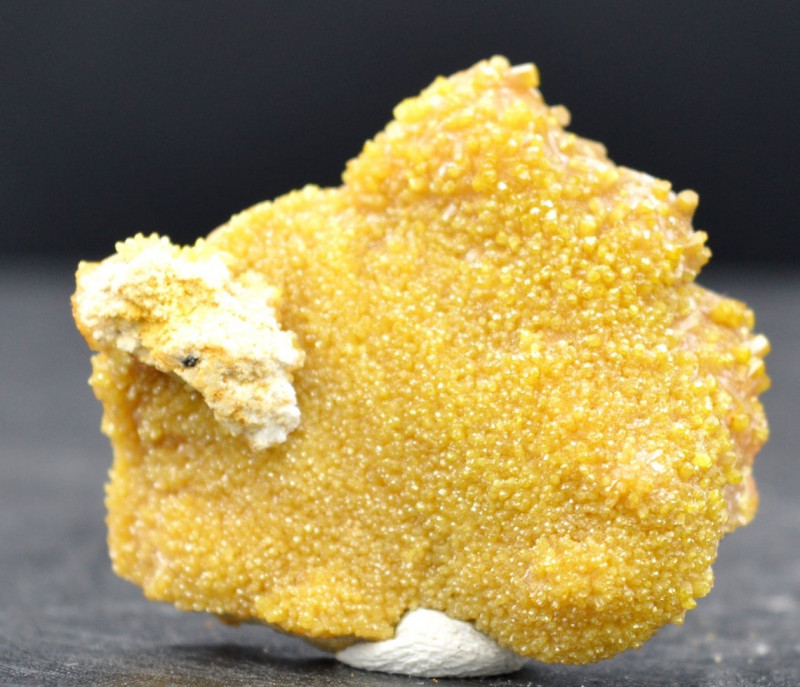
Pyromorphite Meaning & History
Generally, pyromorphite symbolizes new beginnings, hope, and openness. The crystal’s motto could easily be “out with the old, in with the new.”
Pyromorphite’s spiritual meaning ties to many relevant aspects of a post-2020 (or post-quarantine, rather) world — healing after prolonged stress, reviving lost connections with others, and focusing on the future.
History
The name “pyromorphite” comes from two Greek terms: pyr meaning “fire” and morphe meaning “form.” Melted pyromorphite globules recrystallize as they cool, hence the name. German mineralogist Johann Friedrich Ludwig Hausmann chose the name in 1813. However, the first discovery came decades earlier.
Though some analyses happened prior, the first discovery credit goes to Swedish chemist Johan Gottschalk Wallerius, who found pyromorphite in Saxony, Germany, in 1748.
Wallerius had two names for it: grön blyspat for “green lead spar” and Minera plumbi viridis for “green lead mineral.” Within the next few years, a French name arose: mine de plomb verte for “green graphite.”
In 1761, the terms grünbleierz for “green lead ore” and braunbleierz for “brown lead ore” came from German scientist Christian Friedrich Schultze, though these terms were credited to geologist Abraham Gottlob Werner 30 years later.
Another German chemist, Martin Heinrich Klaproth, published the first complete chemical breakdown of the mineral in 1784. Yet again, Klaproth introduced two new names: phosphorsäurehaltig blei for “phosphoric lead” and grün bleyerz for “green lead ore.”
What’s with all the names? Because pyromorphite comes in so many distinct colors and shapes, it took time for geologists to realize all their specimens were the same mineral.
More names for “new” minerals discovered to be pyromorphite — some you may recognize from previous sections — include:
Polysphaerite (1832; August Breithaupt, German mineralogist)
Nuissierite (1836; Barruel Danhauser, French scientist)
Miesite (1841; Breithaupt; Found in Mies, Bohemia or present-day Czechia)
Cherokine (1857; Charles Upham Shepard, American mineralogist; Found in Cherokee County, Georgia, USA)
Plumbeine & Sexagulit (1863; Breithaupt)
Colliete (1927; Robert Brown, Scottish scientist)
Clearly, there were a lot of names good for pyromorphite at different points. But what is pyromorphite good for?
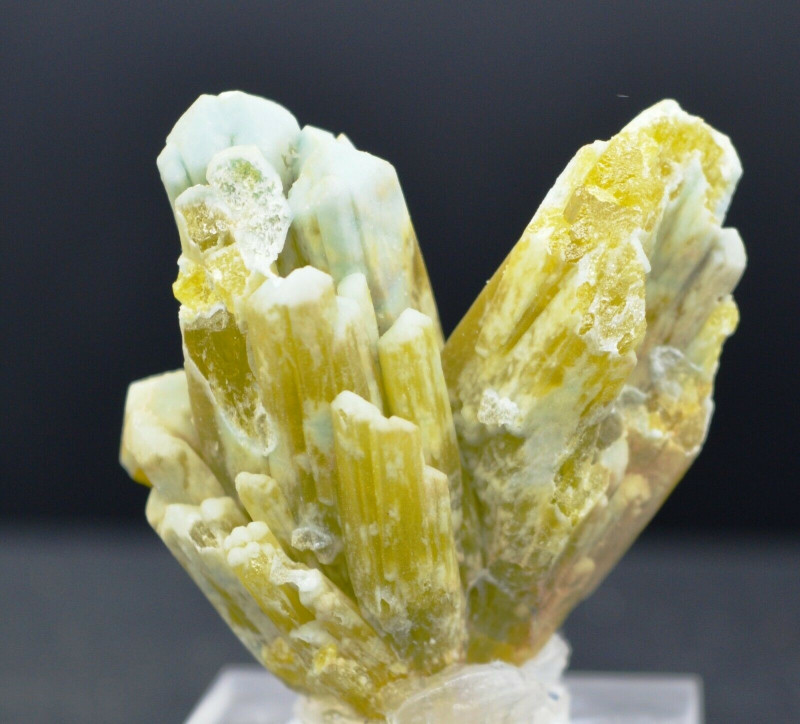
Pyromorphite Healing Properties
Based on their coloring and internal energies, all gems can be healing stones! Pyrmorphite’s different colors even carry their own powers.
Colorless or white pyromorphite joins other white gemstones in cleansing the spirit and amplifying other crystals’ energies. Meanwhile, those with orange coloring boost creativity!
Properties like attracting prosperity and manifesting abundance come with green pyromorphite. Do you have a green thumb? Well, pyromorphite is also an excellent companion for gardeners and nature lovers!
What is pyromorphite used for in physical, emotional, and chakra healing?
Physical Healing
There are so many ailments or physical processes pyromorphite is said to help with, such as:
Chills
Gum disease
Vitamin absorption
Eye strain
Muscle strength & coordination
Hunger & metabolism function
Headaches
High blood pressure
Stomach diseases (e.g. IBS or celiac)
Emotional Healing
Have you been feeling directionless or unmotivated? Pyromorphite is said to fill you with purpose and perseverance to achieve your dreams. It can also encourage an optimistic attitude and emotional openness.
If you’re recovering from dark times, this supportive, nurturing crystal reminds you that healing is possible. Crystal healers use it for breaking through any barriers to your healing journey.
Chakra Healing
Chakras are energy centers along your body that allow energies to flow smoothly. If they’re blocked, chakra stones can open them. Given pyromorphite’s common yellow and green hues, it’s a chakra stone for harmonizing the solar plexus (yellow) and heart (green) chakras.
The solar plexus is the center of identity and purpose while the heart governs acceptance and love. Pyromorphite balancing them together allows passion to link to purpose so you can confidently reach for your truest dreams.
Pyromorphite Gemstone Properties
The relevant gemstone properties for determining pyromorphite’s value are its color, cut, transparency, and luster.
Color
Pyromorphite is allochromatic, or colorless when pure. Though white pyromorphite isn’t rare, it’s most commonly green.
White hues are more common in less oxidized areas of deposits, while green hues are common in highly oxidized areas. One green pyromorphite studied only showed impurities of iron oxide, making that the likely coloring agent.
However, impurities and color aren't consistent in pyromorphite, so some theorize localized faults in the crystal lattice cause the coloring instead. Though, it could depend on the specimen.
Regardless, common pyromorphite impurities include:
Arsenic
Calcium
Chromium
Fluorine
Radium
Vanadium
The most valuable pyromorphites have rich, saturated green or yellow-orange coloring.
Cut
Faceting isn’t common for pyromorphite, not only because it’s soft but also because its raw crystals are so captivating.
Faceted examples are often cut from specimens mixed with the slightly harder, yellow plumbogummite. Common faceted cuts are trillion and baguette shapes. Pyromorphite cabochons are also rare.
Most pyromorphite jewelry uses raw crystals.
Transparency & Luster
Both transparency and luster affect a gem’s overall shine. Transparent pyromorphite is rare and fetches premium prices, though crystals with good translucence can be valuable.
Though pyromorphite can have almost diamond-level (adamantine) luster, it can also be resinous, vitreous, or greasy. Vitreous (glassy) or sub-adamantine pyromorphite stones are most valuable.
Before it gets to our hands, how is pyromorphite formed?
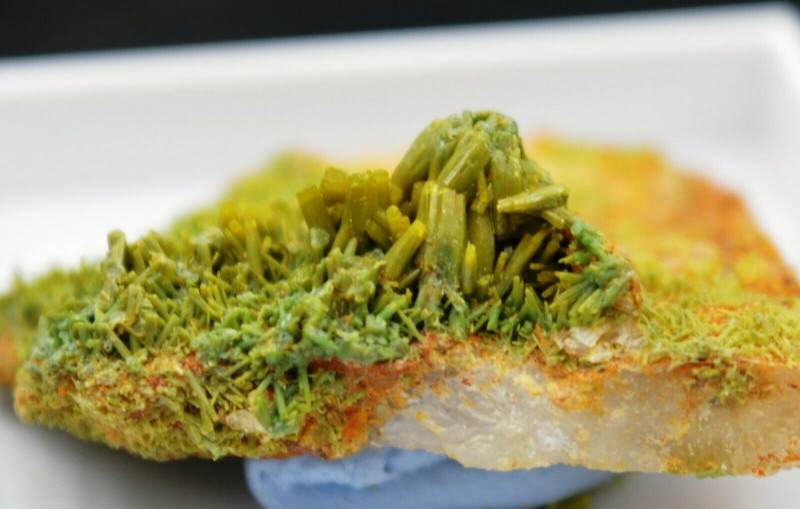
Pyromorphite Formation & Sources
As a secondary mineral, pyromorphite forms when other (primary) minerals become altered. Specifically, soluble lead minerals merge with a phosphate, becoming pyromorphite.
The phosphate may even be manure! In fact, areas like soil contaminated with lead often have phosphate added to them to prevent lead pollution, as this turns the lead into pyromorphite. This is one method for how pyromorphite is created (somewhat) synthetically.
Miners find pyromorphite stones in oxidized areas of lead deposits, but where can pyromorphite be found geographically?
Mining Locations
One unique trait of pyromorphite is that it has more than one or two “best” sources. Though some countries have “world-class” (WC) locales, nearly every pyromorphite locale specializes in a type of pyromorphite:
Australia — WC | Bright orange-yellow; With malachite and/or cerussite
Canada — Rare matrix specimens
China — WC | Apple-green, lustrous; Druzy; Green and orange; Bright yellow-green
Czechia — Bright green; Rare gray miesite spheres
France — WC | Druzy; Prismatic clusters; Bright yellow-green
Germany — WC | Large, brownish, barrel-shaped
Idaho, USA — WC | Rounded, lustrous, arsenate-bearing; Green and orange; Glittering, globular; Yellow-green crystals; Yellow-orange spherical clusters
Italy — WC | Yellow or yellow-green flower-like hopper; Rounded globular or mammillary
Mexico — Crystal clusters; Light green with wulfenite
Morocco
Pennsylvania, USA — Historical; Olive-green
Russia
Spain
UK
Zambia — Large plates
Ready to browse some pyromorphite for sale? Then let’s discuss what to expect price-wise.
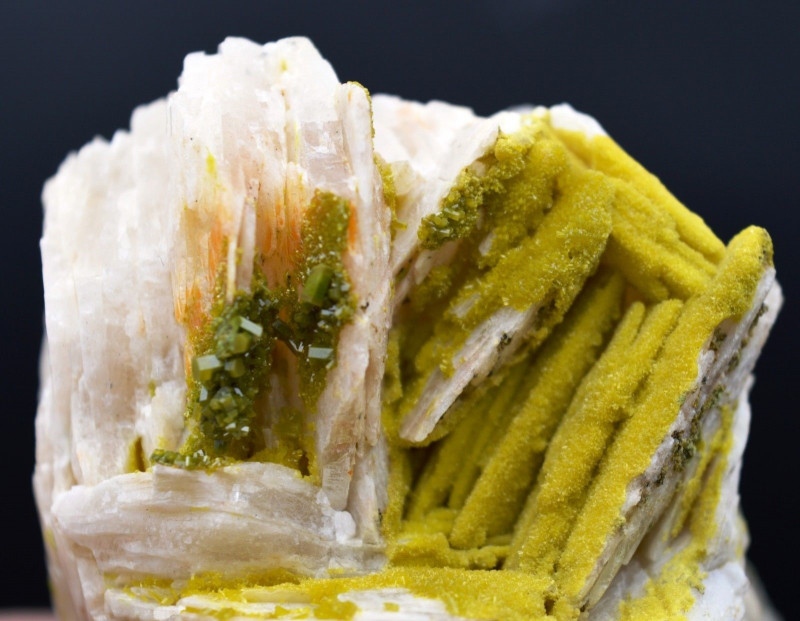
Pyromorphite Price & Value
Pyromorphite has pretty affordable price-per-carat ranges. But remember, its high density (heaviness) means the crystals will be smaller in dimension than other gems of the same carat weight. The best rough specimens may only reach 3cm tall but can fetch $15,000-$20,000.
Faceted options are rare and valuable, around $65 per carat.
The real variety comes with pyromorphite rough from different locales, listed below:
China: $0.25-$2.50 per carat
Czechia: $0.70-$2 per carat
France: $0.07-$1.30 per carat
Germany: $0.20-$1.20 per carat
Idaho, USA: $0.60-$5.50 per carat
UK: $1-$5 per carat
Australia: $0.05-$0.45 per carat
Raw pyromorphite crystal pendants range broadly, from $15 to upwards of $300 depending on the crystal’s size and the metal settings.
Pyromorphite Care and Maintenance
With any potential for lead poisoning, it’s important to discuss pyromorphite toxicity. Though the crystal’s lead content is toxic if ingested or inhaled, keeping it on display (case or no case) is completely safe. Just thoroughly wash your hands if you touch it.
Onto gemstone care, pyromorphite’s tenacity is brittle and hardness is low. Therefore, handle it gently.
You can clean pyromorphite with a soft, dust-free cloth or soak it in Iron-Out over 1-hour intervals. Once it’s clean, rinse it with water and let it air-dry.
Avoid pyromorphite contacting nitric acid, carbonated water, or potassium hydroxide. Store separately from other gems.
Which Pyromorphite Fires You Up?
Though it has many aliases, pyromorphite’s name perfectly reflects its ever-changing shape and fiery benefits. A lovely green crystal allows its calming, supportive energies to encapsulate your space, while a flaming orange pyromorphite can spark your creativity and willpower. Sign us up!
Search the Gemstone Encyclopedia
Related Auctions
Related Articles
Originally the Birthstones or gemstones were associated with a zodiac sign or the month of a individuals birth. Find out what your stone is and view the stones we have for sale
8th Feb 2021
There are dozens of quartz and chalcedony gems with various colors and patterns. Learn all about quartz properties and every type of quartz, from amethyst and agate to plasma and phantom quartz!
15th Oct 2020
Hackmanite is a pink to violet sodalite gem known for its unique color-change and luminescence. Learn why hackmanite is special, from its rare qualities to the types of hackmanite jewelry available.
28th Mar 2018
Latest Articles
Stibiotantalite is a rare tantalum mineral sometimes found as stunning yellow to orange gems. Discover the history, properties, prices, and uses of stibiotantalite gemstones in this complete guide.
21st Jan 2025
Milarite is a white, green, or yellow beryllium silicate in the milarite-osumilite group. Faceted gems are rare but stunning. Discover the history, properties, prices, and benefits of milarite gems!
6th Jan 2025
Friedelite is an uncommon pink, red, or brown manganese silicate mineral best known from New Jersey and South Africa. Learn the prices, properties, uses, and history of friedelite gemstones.
23rd Dec 2024
Article Categories
How To's is where you will find helpful articles from gem Rock Auctions on how to cut gemstones, select gemstones and buy gemstones.
9 Articles

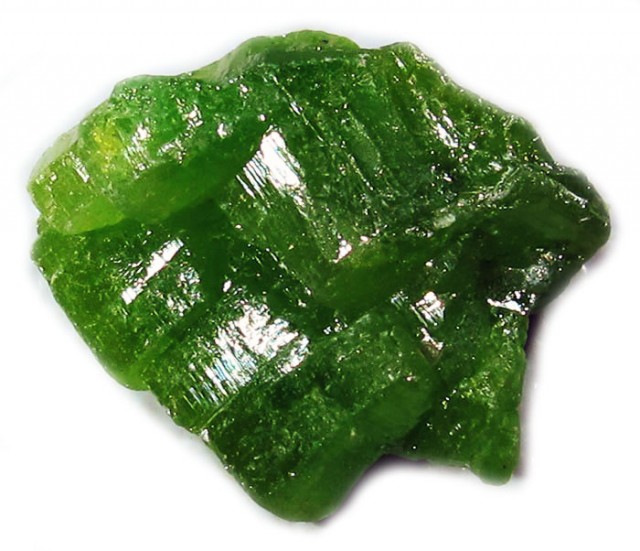
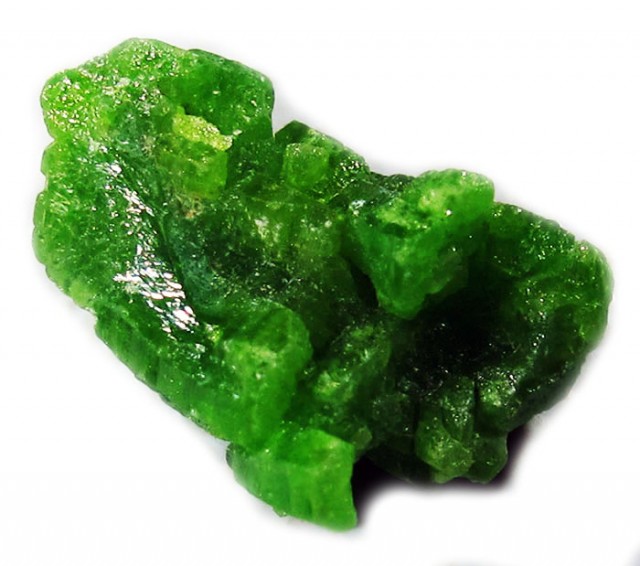

![11.70 CTS PYROMORPHITE SPECIMEN CZECH [MGW3925]](https://liveplatforms-production.b-cdn.net/tenants/gr/uploads/images/395000-399999/397127/52c51888ae28a.JPG?width=480&aspect_ratio=1001%3A1000)
![11.10 CTS PYROMORPHITE SPECIMEN CZECH [MGW3935]](https://liveplatforms-production.b-cdn.net/tenants/gr/uploads/images/395000-399999/397137/52c51de6c4269.JPG?width=480&aspect_ratio=1001%3A1000)
![175.15 CTS PYROMORPHITE SPECIMEN CHINA [MGW3948]](https://liveplatforms-production.b-cdn.net/tenants/gr/uploads/images/395000-399999/397151/52c524d1e3206.JPG?width=480&aspect_ratio=1001%3A1000)